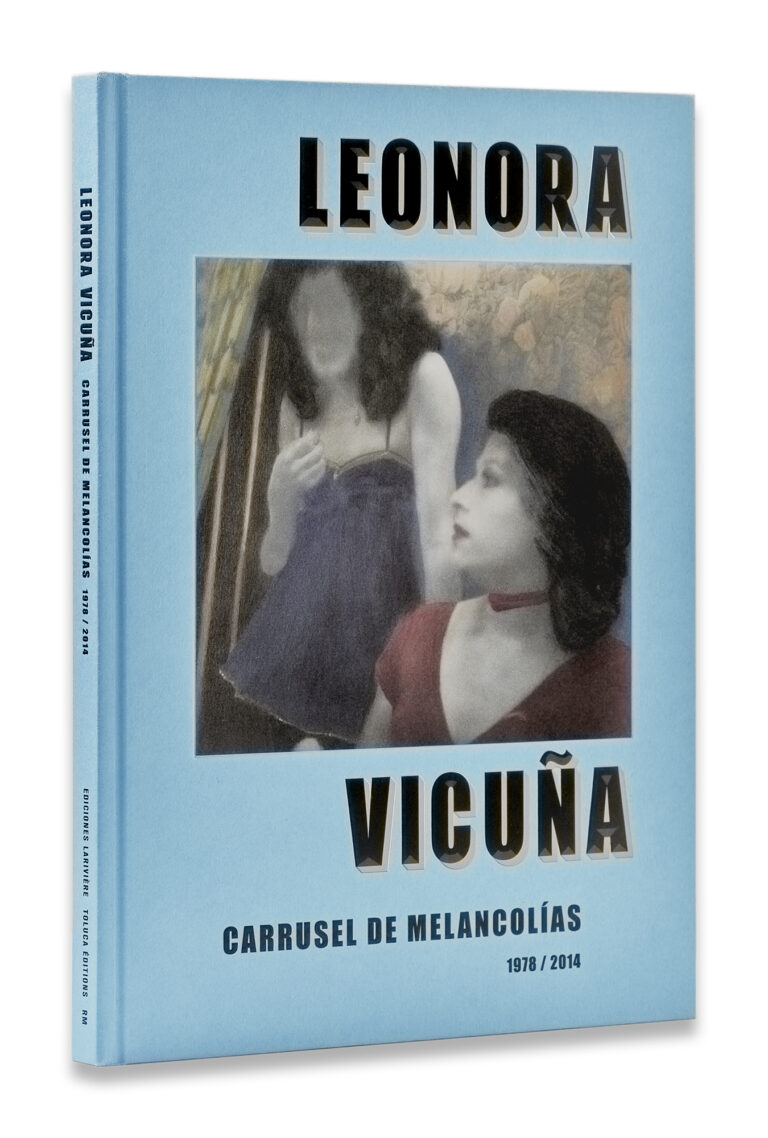Leonora Vicuña is a Chilean photographer whose work offers a rare glimpse into the margins of society, specifically in Santiago during a turbulent, politically charged era (1978-1983).
Her work blends poetic sensibility with photography, offering a unique narrative of the city’s hidden, overlooked spaces.
Her work is perfect for collectors and art lovers who appreciate both the technical craft of photography and its ability to evoke emotion and thought.
Between 1978 and 1983, the then young Chilean photographer roamed the streets of the city of Santiago, a city full of stark contrasts between neighborhoods, an agitated, self-censored, run-down city. Occasionally pressing the shutter of a Russian camera, she sought out those margins where time stands still. With her own hands, she highlighted and colored in the details, like an artisan she transgressed the sacred photo in her own way, long before the advent of digital photography and Photoshop.
Vicuña, before becoming a photographer, was already a poet with a sharp, astute language. Each detail became a universe in itself, like words drifting across images: signs, street names, bar names, or the labels on buses, there, at night, as the background of the image, an image within the image.
An imaginary country emerges from the images, closed in on itself, undergoing polarized shifts, immersed in a deep flight that hovers around any corner, in bars, in dances, in the final days of a cinema. Here and there lies the immanence of that remote, collective time, containing the essence of being, awaiting the arrival of who knows who or who knows what.

